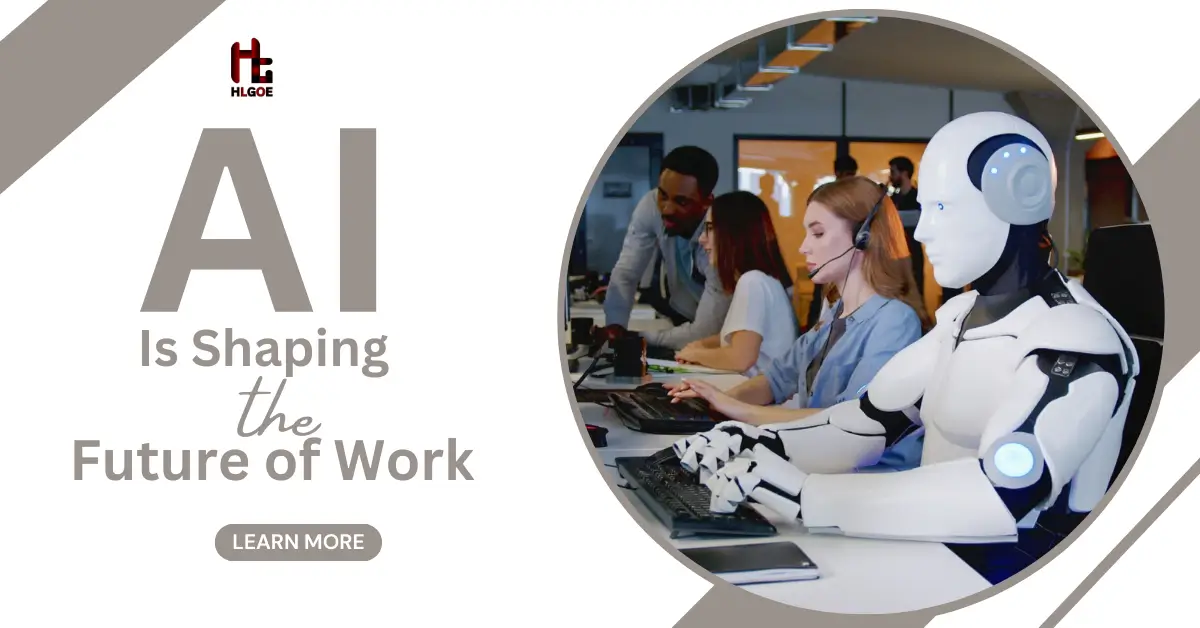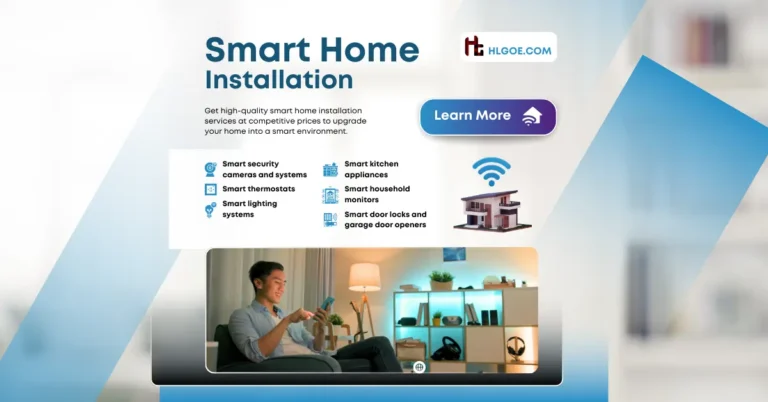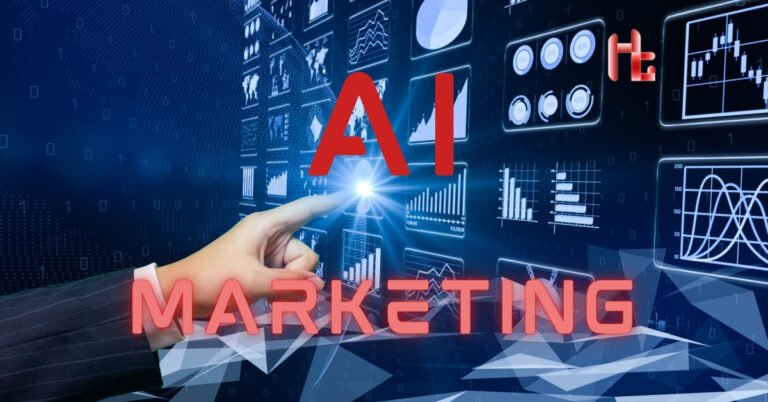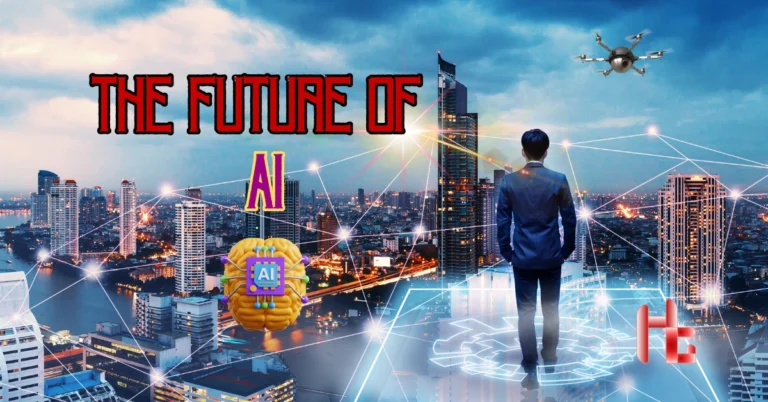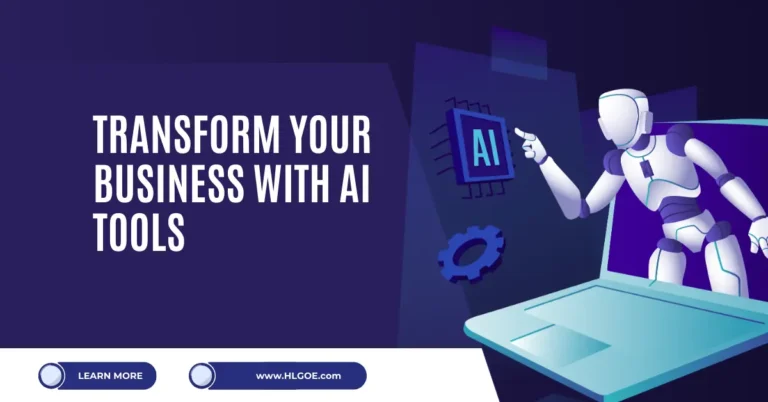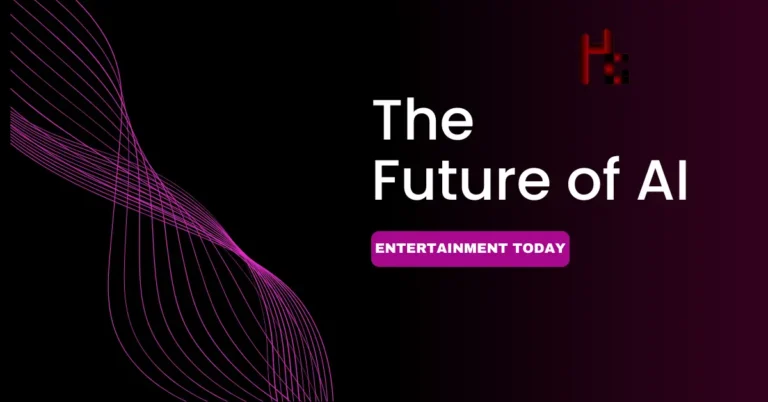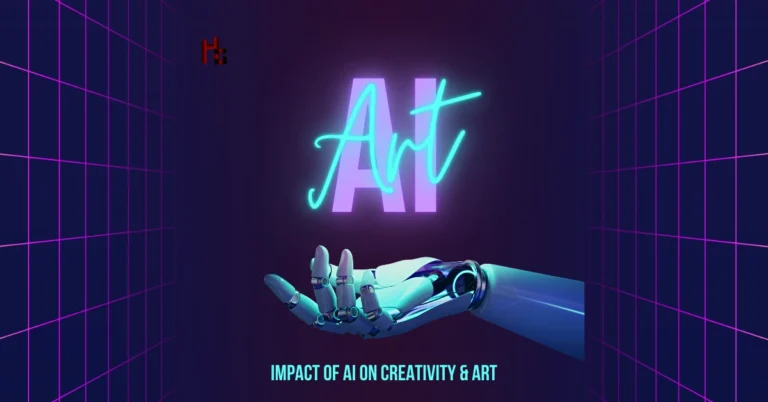The Future of Work: How AI Is Changing Job Roles
The rise of artificial intelligence (AI) is reshaping industries, revolutionizing processes, and fundamentally altering the way we work. As AI increasingly takes on routine tasks, the future of work is becoming clearer: more human-centered, data-driven, and reliant on technology. AI in the workplace is not just automating tasks but transforming entire job roles, while also creating new opportunities that didn’t exist a decade ago.
Understanding how AI job automation is impacting industries, job functions, and skill sets is crucial for both individuals and organizations who want to stay ahead of the curve. If you’re looking to explore how AI tools can enhance productivity in businesses, be sure to check out our guide on AI tools for boosting business productivity to discover the latest technologies driving workplace transformation.
This article will explore how AI is reshaping job roles, automating tasks, and opening doors to new career possibilities, while also outlining the skills necessary to thrive in an AI-driven world.
The Role of AI in Job Automation
One of the most immediate effects of AI is job automation, the process where machines, powered by AI algorithms, perform tasks that were once done by humans. AI job automation is making its presence felt across various industries, with both blue-collar and white-collar jobs being affected by this shift. AI can quickly perform repetitive, high-volume tasks with high precision, increasing efficiency, reducing errors, and lowering operational costs.
For instance, in manufacturing, AI-powered robots are handling assembly line tasks that were once manually intensive. Robots equipped with AI can adjust their movements based on real-time data, improving production rates and product quality. However, these advances don’t spell the end of human roles; instead, they shift responsibilities. Workers now oversee the AI systems, maintain the machines, and focus on decision-making tasks that require human expertise.
In customer service, the integration of AI chatbots and virtual assistants is a prime example of AI in the workplace. These tools can answer common customer queries, direct calls, and even resolve issues autonomously. Still, human agents are needed for more complex or sensitive interactions. By automating routine inquiries, customer service teams can focus on higher-value tasks like building customer relationships or problem-solving.
AI job automation in industries such as healthcare is also transforming the way professionals operate. AI systems can analyze medical images, assist with diagnostics, and even schedule appointments, freeing up time for healthcare providers to focus on patient care. You can learn more about the profound impact of AI in healthcare in our article on AI’s impact on the healthcare industry.
Statistics show that up to 60% of all occupations could be partially automated by AI, according to McKinsey’s 2023 report, highlighting the growing impact of AI job automation across diverse sectors. However, rather than replacing entire job categories, AI often supplements human workers by eliminating repetitive tasks, allowing them to focus on more meaningful and complex responsibilities.
How AI Is Transforming Job Roles
While AI job automation is transforming certain tasks, it’s also changing the nature of entire job roles. In many cases, AI tools are enhancing human abilities and enabling workers to perform their jobs more effectively.
Take, for example, the field of data analysis. Traditionally, data analysts spent a large amount of time manually cleaning and organizing data. With the advent of AI, this process is largely automated, freeing up data professionals to focus on interpreting results and providing actionable insights. As a result, the role of a data analyst is evolving into that of a data scientist, where expertise in machine learning and AI algorithms is essential to derive deeper insights and predictive analytics.
Similarly, in the field of human resources, AI in the workplace is changing the way companies recruit and engage employees. AI tools can scan resumes, screen candidates, and even assess personality traits using data points that go beyond just qualifications. Human resources professionals, however, still play a critical role in evaluating candidates’ fit for company culture and handling delicate interpersonal interactions.
In the marketing sector, AI is revolutionizing tasks like customer segmentation, targeted advertising, and performance tracking. By analyzing vast amounts of consumer data, AI can help marketers identify patterns and personalize campaigns. But the human touch remains indispensable in crafting creative campaigns and interpreting AI data in ways that align with the brand’s values and messaging.
Rather than displacing jobs, AI job automation and other AI tools are creating hybrid roles where human workers and machines collaborate. These newly evolved roles demand a blend of technical expertise and soft skills, making the future of work more diverse and dynamic.
New Opportunities Created by AI
As AI continues to infiltrate different industries, it is also creating new opportunities for skilled workers. The future of work will see the emergence of roles that didn’t exist just a few years ago. As AI systems need to be developed, trained, maintained, and monitored, specialized professionals are required to ensure that these technologies function smoothly and ethically.
For example, the rise of AI has given birth to new roles like AI ethics officers, whose job is to ensure that AI systems operate in a transparent, fair, and bias-free manner. Additionally, machine learning engineers and AI trainers are in high demand as organizations look to improve their AI models and algorithms.
In creative industries, AI is assisting professionals by offering tools to accelerate design, content creation, and production processes. From AI-driven graphic design software to tools that assist in writing articles, AI is transforming how creative professionals work. However, human input remains crucial for final decision-making, particularly when it comes to nuances like style, tone, and emotional appeal.
Furthermore, AI in the workplace is pushing the envelope on new fields of innovation, such as robotics and autonomous vehicles. The need for workers with expertise in robotics maintenance, software engineering, and sensor technology is growing rapidly, creating new career pathways for those skilled in these areas.
AI is also opening up new possibilities in fields like telemedicine, remote work, and personalized education, where AI-powered platforms provide scalable solutions that benefit both businesses and consumers. Workers in these sectors are now engaging with AI tools that enhance productivity and expand their capabilities, driving growth in new industries and career opportunities.
The Skills Needed to Thrive in the AI-Driven Workplace
To thrive in an AI-driven future of work, workers will need to develop a combination of both technical and soft skills. The rise of AI in the workplace is not just about replacing workers—it’s about equipping them with the tools and skills to work more effectively alongside AI systems.
Technical skills like programming, machine learning, and data analysis will become increasingly valuable. Workers who understand how AI operates and can leverage it to improve efficiency, make data-driven decisions, and solve complex problems will be in high demand. Platforms like Coursera, Udacity, and edX offer various courses that teach technical skills for AI, machine learning, and data science, giving professionals the tools to stay relevant.
However, soft skills such as creativity, emotional intelligence, and critical thinking will also be essential. AI excels at processing information and handling routine tasks, but it cannot replace human qualities like empathy, judgment, and innovation. As automation continues to evolve, workers who can think creatively, make decisions based on values, and adapt to new situations will be highly valued.
Proficiency with AI tools will also be crucial for success in the AI-driven workplace. Whether you’re working in marketing, healthcare, finance, or sales, learning how to use AI-powered platforms to analyze data, automate processes, and improve workflows will help employees stay productive and competitive in their roles.
Finally, embracing a mindset of lifelong learning will be essential. As AI continues to evolve, the need for workers to continually update their skills and adapt to new technologies will be paramount. In this rapidly changing environment, those who commit to learning and self-improvement will be best positioned to succeed.
The Future of Work: A Human-AI Synergy
Looking ahead, the future of work will not be defined by humans versus machines but by a harmonious human-AI synergy. AI will continue to automate repetitive tasks and assist with data processing, while human workers will focus on the more complex, creative, and strategic aspects of their jobs.
The collaboration between humans and AI will create more efficient, productive, and innovative workplaces, where technology complements human strengths rather than replacing them. In this model, AI will help bridge gaps in skills, provide access to new opportunities, and enable workers to contribute in ways that were not possible before.
As organizations and workers navigate this shift, it’s critical to foster an environment of continuous learning, adaptability, and human-AI collaboration. The future of work is not just about automation; it’s about the ways in which AI and humans can work together to achieve greater success.
Conclusion
In conclusion, AI is changing job roles by automating routine tasks, transforming existing roles, and creating new opportunities. The future of work will rely on a blend of human creativity, emotional intelligence, and AI-driven efficiency. While AI job automation is making certain tasks obsolete, it is also opening the door for professionals to evolve their careers, acquire new skills, and adapt to a tech-driven workplace.
The key to thriving in this new landscape will be to embrace AI as a tool for empowerment rather than a threat. By developing both technical and soft skills, staying adaptable, and committing to lifelong learning, workers can successfully navigate the evolving world of work and position themselves for success in an AI-driven future.

